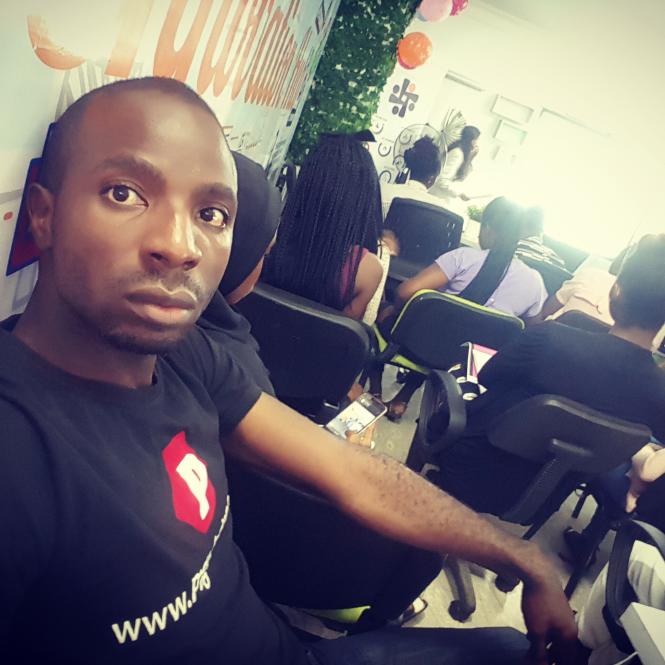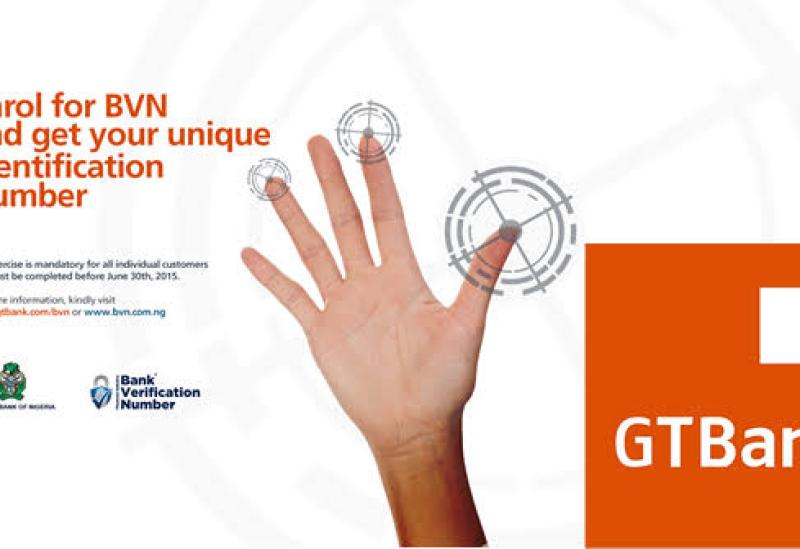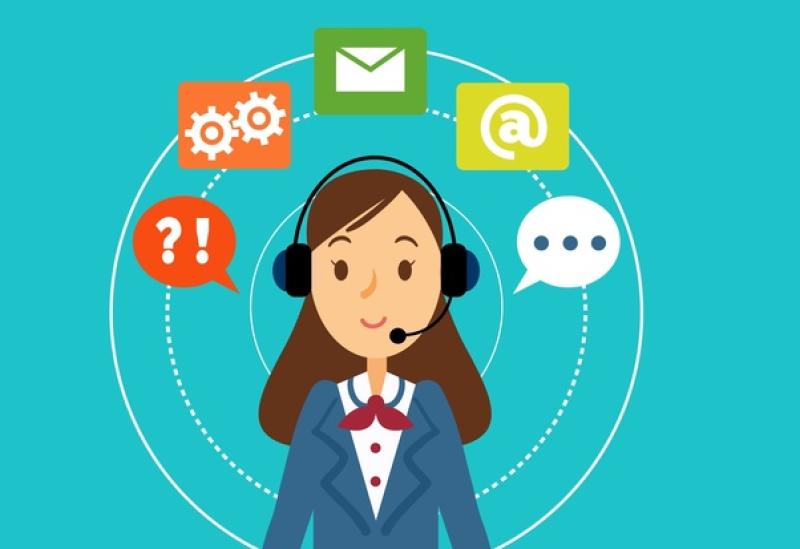Nigerian government just banned twitter operations in Nigeria and a lot of people have resorted to use various VPN services to be able to continue to connect to twitter. But the question people have been asking is, how does this VPN work? How is it able to help circumvent government restrictions and also, is it safe? They say VPN uses obfuscated technology and military-grade AES 256-bit encryption to mask your actual location and online activity. How true is this?
So, How does VPN Work?
When you switch it on, a VPN creates an encrypted tunnel between you and a remote server operated by a VPN service. Also A virtual private network (VPN) extends a private network across a public network and enables users to send and receive data across shared or public networks. Enough grammar,
In simple terms,
Normally, this is how your connection to the internet works
- You request to visit www.twitter.com
- Your ISP does a DNS query to find out what the IP address of the computer hosting twitter.com is, the response is an IP address that looks like 234.124.213.444.
- Once the computer is located on the Internet network, your ISP provides a connection for you to that computer hosting twitter.
- Then, your computer communicates directly with twitter computers (servers).
So with this arrangement, the ISP knows when you want to reach twitter and they can block you from getting there. Same way they know every single sites you visit and sometimes, what kind of things you are doing there.
Meanwhile, this is how VPN connection helps you to circumvent your ISP restrictions
When you switch on VPN, what happened is that you set your computer to create a connection to the computer of the person who owns that VPN using the normal connection procedure described above. Also, it sets your computer not to connect to any other computer except the VPN computer and to send all connection requests to that VPN computer. The VPN computer now uses it's own ISP to make the request and send the response back through the VPN connection to your computer.
So your ISP just sees the connection to the VPN, they don't see what you are doing on the VPN because of the encryption the VPN services used
- You request to visit www.twitter.com
- Your computer bypasses your ISP to send that request to the IP address of the VPN Computer.
- The vpn computer does the DNS query to find out what the IP address of the computer hosting twitter.com is, like above.
- The VPN computer communicates with twitter computers using the ISP the VPN is using.
- The VPN computer relates the response back to the user computer.
So it is like you are here in Nigeria, you can't access Twitter because Nigerian ISPs has blocked twitter, but you have a friend in London who can use twitter. So you asked the person to help you login to twitter. You know you can see everything he is doing if you connect through a video call or you use screen sharing on Zoom or similar platforms. This is exactly how VPN works, just that it doesn't seem like there is someone in the middle because everything is handled automatically by the operated computers. But truly, what makes VPN work is also what makes it really dangerous - the man-in-the-middle.
Also, as against the myth that you can access any website when you are connected to a VPN, the truth is that you only have access to online resources the VPN computer can access.
Now, Is it safe to use a VPN?
Well, yes and no.
How is it safe?
When you are connected to the VPN, no one can know what sites you visit except the person who runs the VPN service. So, the safest VPN is the one you created by you.
Why is it not safe? Well, the person who runs the VPN you use has the capacity to see everything you are doing. A lot of VPN companies promise encryption, but can you trust them to keep to their promise? Well, I wouldn't trust many of the VPN services out there. Also, you may know how secured your computer system is, you never know how secure the VPN computer is.
So how do you keep yourself safe online while using VPN? Avoid free VPNs, most free VPNs are set up by people whose intention is to steal people's sensitive information like account passwords, credit cards. Ensure you get VPN from reputable organizations who you could sue if any issues happen to your data while on their network.
By the way, ISP means Internet Service Providers, like MTN, Glo, Spectranet, Smile, etc.
Categories: cyber-security software-technology article





Ibiyemi Ifaturoti
4 yrs agoAyoola Falola
4 yrs agoOlasunkanmi Emmanuel
4 yrs agoAyoola Falola
4 yrs agoMay
4 yrs agoAyoola Falola
4 yrs ago